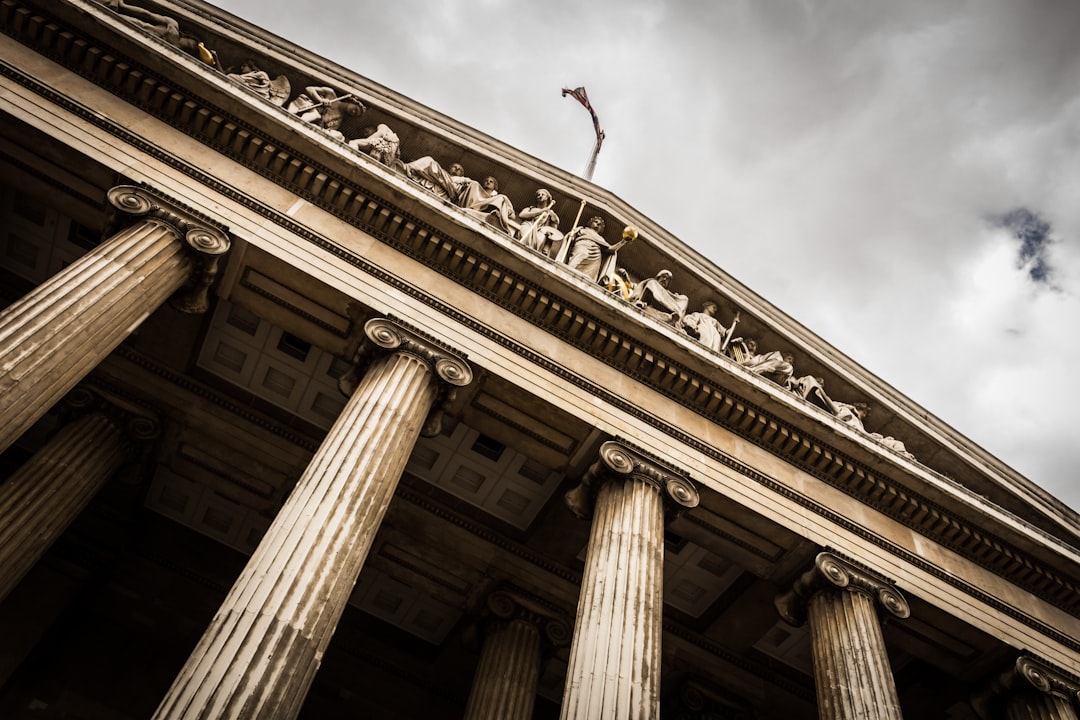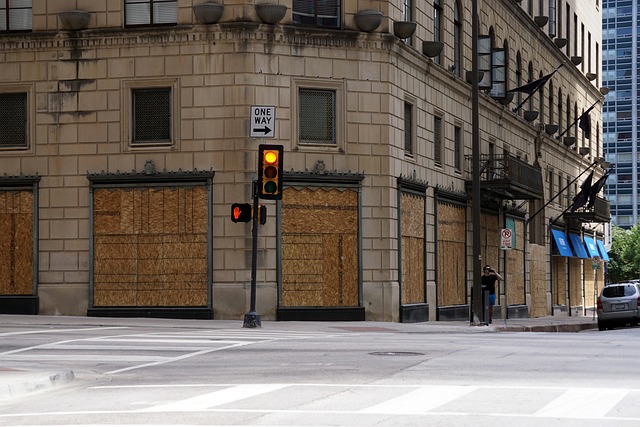Smartphone location data, collected via GPS and Wi-Fi, is a powerful tool for rape law firms in Dallas, TX, aiding in building defenses, corroborating alibis, and uncovering discrepancies in sexual assault cases. However, this raises privacy concerns as such data can be obtained without explicit consent, challenging the balance between justice and individual rights. Firms leverage GPS coordinates, access points, and cell tower records to analyze movements of victims and suspects, providing strategic advantages in navigating complex legal landscapes.
In the digital age, smartphone location data has emerged as a powerful tool for legal defenses, particularly in complex cases like sexual assault. This article delves into the intricate world of using GPS and call history evidence in Dallas, Texas. We explore how privacy concerns impact rape trials while highlighting the strategic approaches employed by top rape law firms in Dallas TX to effectively utilize this data. Understanding these methods can provide valuable insights into navigating modern legal defenses.
Understanding Smartphone Location Data in Legal Defense

Smartphone location data has emerged as a powerful tool in legal defenses, particularly in sexual assault cases. This technology can provide valuable insights into a defendant’s whereabouts and activities during the time of the alleged crime, offering potential alibis or refuting accusations. In the context of rape law firms in Dallas, TX, understanding how this data is collected, stored, and analyzed is crucial.
Location data from smartphones is generated through GPS signals and Wi-Fi connections, creating a detailed log of an individual’s movement. This information can be accessed by legal professionals with proper authorization from the relevant authorities or the device owner. By examining this data, defense attorneys in Dallas can construct compelling narratives, corroborate alibis, or identify inconsistencies in witness testimonies, ultimately shaping the strategy for a sexual assault case.
Privacy Concerns and Their Impact on Rape Cases in Dallas

Privacy concerns surrounding smartphone location data have created a complex web for rape cases in Dallas, impacting how evidence is collected and presented in court. With the widespread use of GPS-enabled devices, tracking an individual’s movements has become easier than ever. However, this accessibility raises important questions about consent and personal privacy, especially when it comes to sensitive legal matters like sexual assault. Many individuals are unaware that their location data can be obtained without their explicit permission, leading to potential breaches of privacy.
These concerns are particularly relevant in Dallas, where rape law firms often face challenges in gathering definitive evidence. While smartphone data can provide valuable insights into a person’s whereabouts during the time of the incident, it also opens doors to debates about data protection and individual rights. As technology advances, it is crucial for both legal professionals and the public to stay informed about the ethical use of location data to ensure justice is served while respecting personal privacy.
How Rape Law Firms in Dallas TX Use This Data Strategically

Rape law firms in Dallas, TX, leverage smartphone location data as a powerful strategic tool in sexual assault cases. By accessing and analyzing this information, legal professionals can construct compelling defenses tailored to each client’s unique circumstances. They employ advanced technologies to retrieve and interpret data, such as GPS coordinates, Wi-Fi access points, and cell tower triangulation records, which provide insights into the victim’s and suspect’s movements around the time of the alleged assault.
This data helps lawyers challenge the credibility of evidence presented by prosecution, including alibi claims. They can also demonstrate potential inconsistencies or gaps in the victim’s account, thereby strengthening the defense narrative. Furthermore, location data allows these rape law firms to contextualize the incident within the city’s familiar landscapes, helping to rebuild a more accurate picture of events and potentially exonerate innocent individuals.





